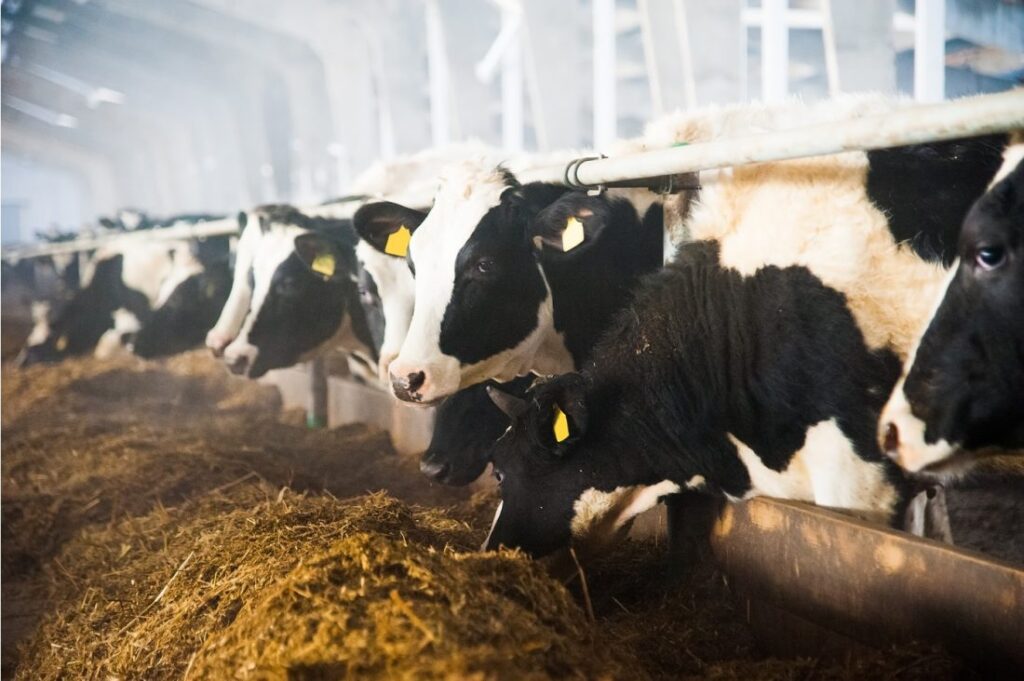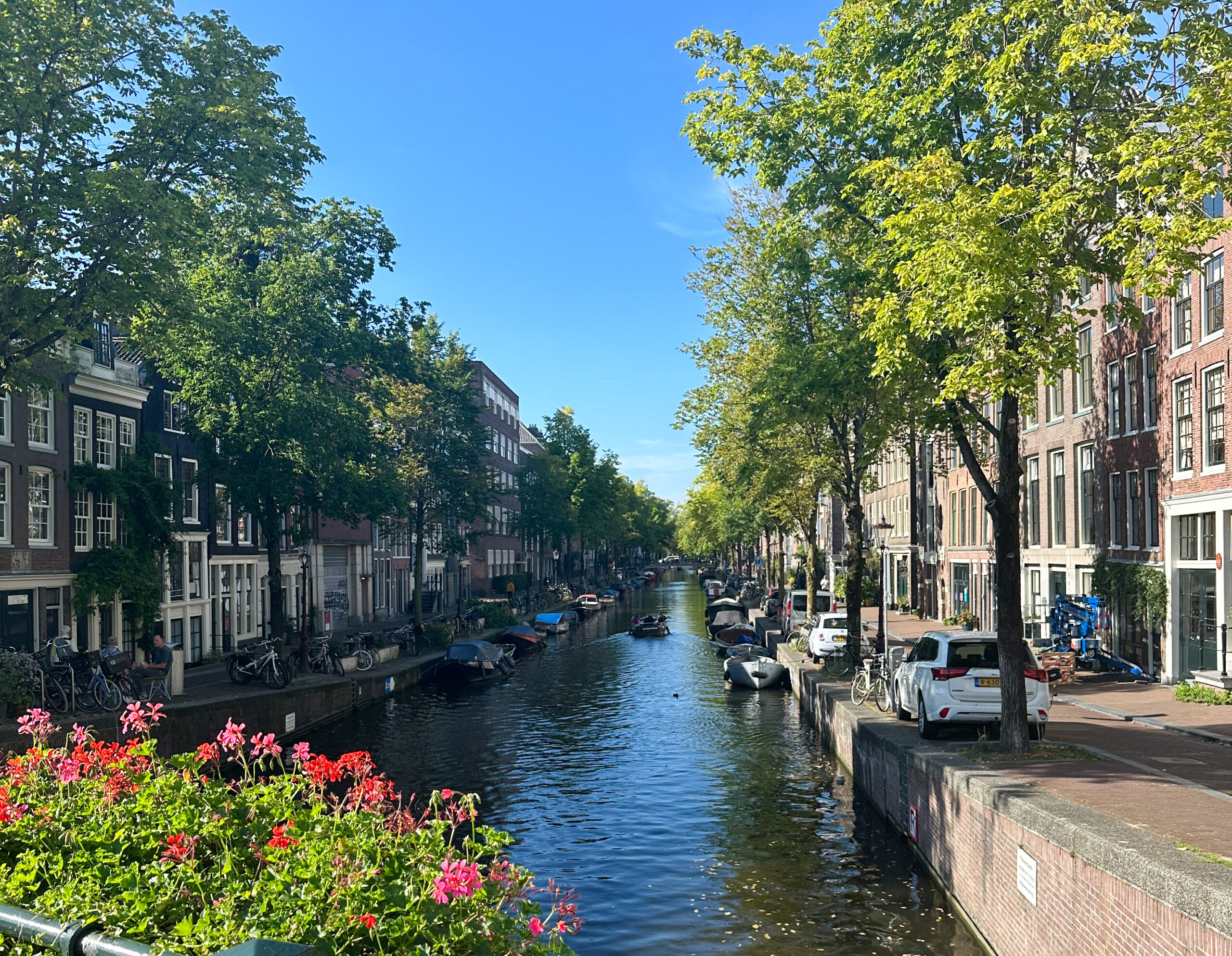
Chile’s tragic wildfires highlight the need to act on climate change and address the contributory role of intensive livestock farming
Chile is currently facing the consequences of an unprecedented environmental crisis after the worst wildfires in its history ravaged vast areas of its pristine landscapes earlier this month.
Wildfires like these, fueled by a potent combination of extreme weather conditions, human activities, and ecosystem vulnerabilities, underscore the urgent need to confront the interconnected challenges posed by climate change and unsustainable agricultural practices. Agriculture is responsible for one-third of global greenhouse gas emissions, with animal agriculture alone contributing up to 20%.
Chile’s Environment Minister, Maisa Rojas, acknowledged that the climate crisis is a contributing factor in these events becoming “more frequent and stronger.” “Climate change is not a problem of the future. It is a concern of today. We are already experiencing the effects of this phenomenon,” said Rojas.1
Chile is not alone in facing such calamities. The frequency and intensity of wildfires are on the rise worldwide. In 2019-2020, the most intense and catastrophic megafires recorded in Australian history spread across the country, burning around 24.3 million hectares.2
Despite the well-documented connection between intensive livestock farming and environmental degradation, recent data from the United States Department of Agriculture reveals a nearly 50% rise in the number of animals raised in US industrial farms over the past two decades.3
“Factory farming is an intensive, mechanized form of animal agriculture that prioritizes profit maximization over environmental sustainability. It’s alarming to see the exponential growth of this industry, considering its significant contribution to emissions and environmental degradation,” Jasmijn de Boo, Global CEO of food awareness organization, ProVeg International, said.
Intensive livestock farming not only contributes substantially to global warming, but its operational practices can also directly contribute to fire incidents. From land clearing for livestock grazing and feed crop cultivation to the accumulation of combustible organic materials on farms, factory farming practices can create environments highly susceptible to ignition and fire propagation.
“In the wake of the devastating megafires ravaging Chile and other regions, urgent action is needed to address the underlying factors fueling these catastrophic events. We must take decisive steps to reduce our reliance on animal agriculture and factory farming. Transitioning to more sustainable agricultural practices and promoting plant-based diets are essential steps toward mitigating the risk of wildfires and building resilience in our ecosystems,” said de Boo.
ENDS
Footnotes
2 Binskin, Mark; Bennett, Annabelle; Macintosh, Andrew (28 October 2020). Royal Commission into Natural Disaster Arrangements. Commonwealth of Australia. p. 115. ISBN 978-1-921091-46-9. OCLC 1237798510.
Notes to Editors
For media inquiries, email Jillian LaBruzzo or Peter Rixon at [email protected]
About ProVeg International
ProVeg International is a food awareness organization with the mission to replace 50% of animal products globally with plant-based and cultivated foods by 2040. Our vision is a world where everyone chooses delicious and healthy food that is good for all humans, animals, and our planet.












